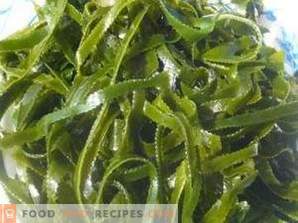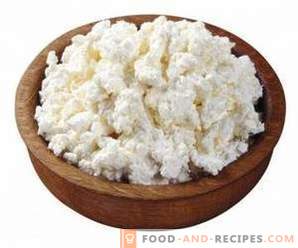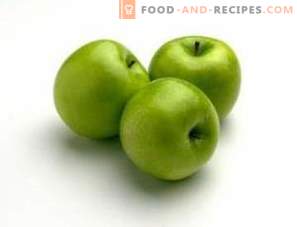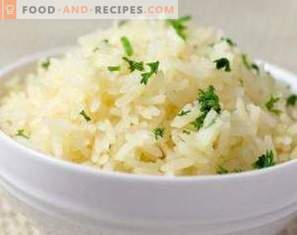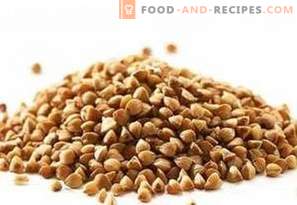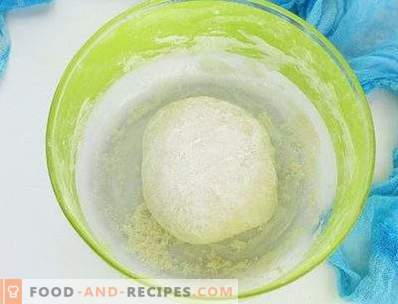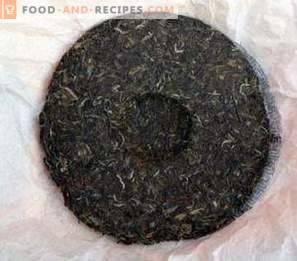
Sea kale on the table nowadays is a phenomenon quite familiar and commonplace. This is not surprising, since this type of algae, called kelp, is rich in vitamins and trace elements that are so necessary for the human body. In particular, seaweed contains iodine, phosphorus, calcium, sulfur, magnesium, sodium, iron and potassium. In addition, kelp is rich in vitamins A, B, C. E and PP. It is for this reason that salads from it are recommended to be included in the diet for people who are weakened after various diseases, need to strengthen the immune system or restore the balanced work of the endocrine system.
Due to its unique composition, sea cabbage is an excellent prophylactic agent for thyroid and cardiovascular diseases, it is recommended to be constantly used by people who suffer from atherosclerosis, chronic constipation, and have serious problems with the digestive system. We should also mention the amazing property of seaweed to excrete slags, toxins and radionuclides from the body. Therefore, it is recommended to eat it to people who live in ecologically unfavorable areas or work in hazardous industries.
How many calories in sea kale
Do not be afraid that sea kale can adversely affect the shape. On the contrary, cleansing the body and normalizing the work of internal organs, kelp helps to stabilize the weight. Besides, 100 g of this useful sea product contains only 24, 9 kilocalories. Therefore, sea kale can be safely included in the diet of those who want to get rid of extra pounds. Moreover, there are many different diets that are built on the use of kelp. After all, this kind of algae contains a truly balanced complex of vitamins and minerals, thanks to which, even with a very strict diet, people do not experience side effects in the form of dizziness, nausea and general weakness of the body. Plus, sea kale gives you a feeling of satiety, even if you have eaten only a few spoons of the salad, of which it is included.
As for nutritional value, 100 g of seaweed contains only 0, 9 g of proteins, 0, 2 g of fat and 3 g of carbohydrates. In addition, in seaweed there are organic acids that help break down fat deposits, and fiber, contributing to a more complete absorption of food.
